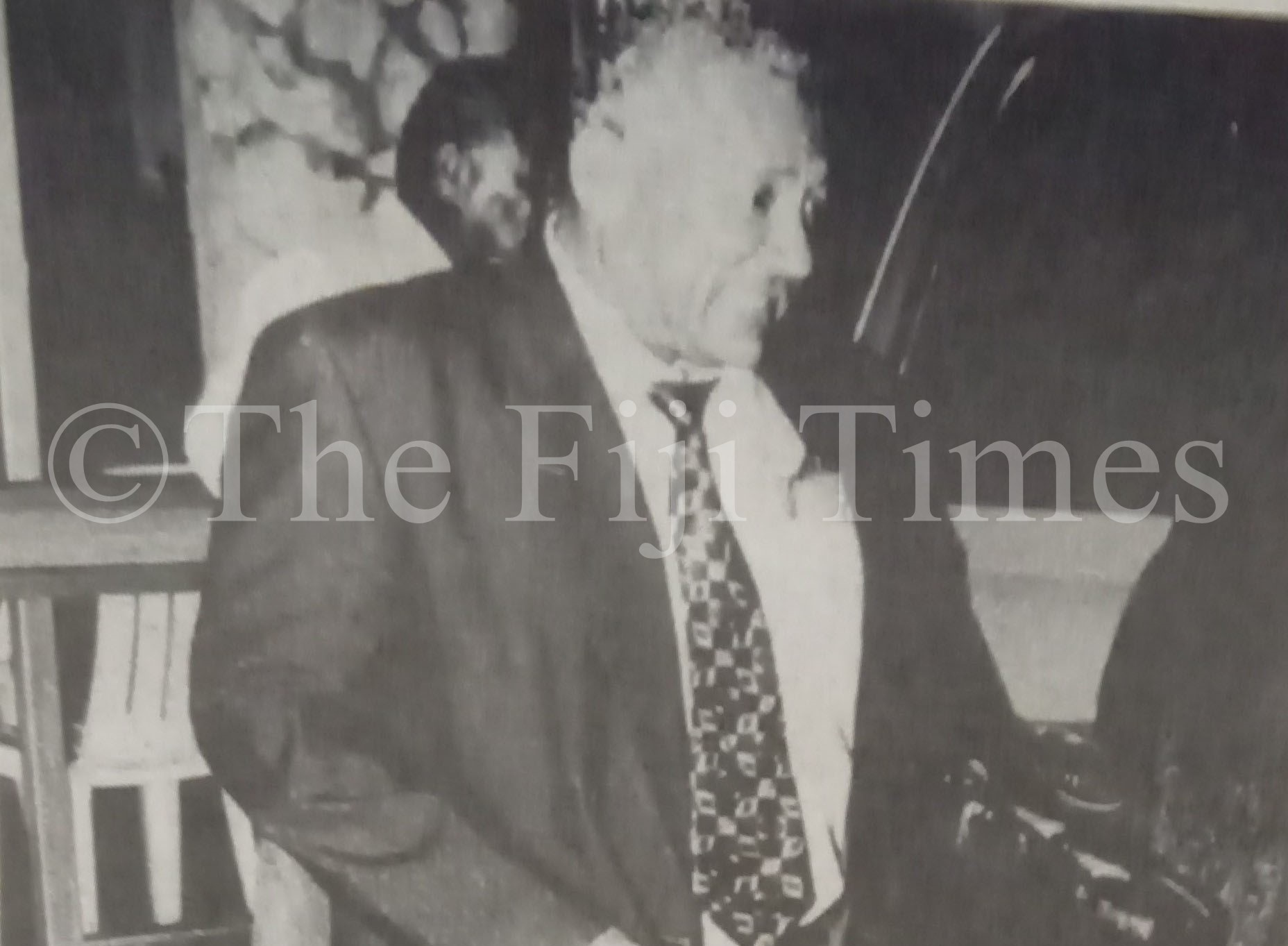THE Great Council of Chiefs generally accepted recommendations for a multi-party government and the composition of members of Parliament on May 2, 1997.
An article in The Fiji Times the following day reported that the chiefs generally agreed that:
l The prime minister was to have been a Fijian as provided for in the 1990 Constitution;
l The House of Representatives comprised 46 communal seats and 25 open seats; and
l That the president be appointed by the Great Council of Chiefs but there was to be only one vice-president, and it was to be a salaried office.
In addition, the chiefs resolved that the Fijian parliamentarians in the Joint Parliamentary Select Committee in their negotiations were to consider;
l There should be further reviewing of the alternative voting system;
l The possibility of increasing the number of communal seats for Fijians and especially when the allocation of open seats had not been finalised; and
l That communal seats be increased from 23 to 28.
The chiefs agreed that the 71-seat Parliament would comprise 23 Fijian seats, 19 Indians seats, three general voter seats and one Rotuman seat.
Of the 23 Fijian seats, the 14 provinces were to have one each with the possibility of additional ones for the bigger provinces of Cakaudrove, Tailevu, Ba, Lau and Naitasiri.
In April of that year, a sub-committee that comprised representatives of all provinces had to work with the Joint Parliamentary Select Committee.
Its recommendations were tabled on May 2 and accepted.
“The chiefs’ decision is the way forward,” said Constitution Review Commission member Tomasi Vakatora.
“We had included in the report that we must move gradually and decisively.
“Fijians will have to work for their political rights and they can get it.
“They can get political dominance in the country and I think the way things are going, it may end up that way.
“The chiefs have put great trust in the sub-committee and have given them the responsibility of protecting Fijian rights.”
Mr Vakatora said multi-racialism was no longer an issue as the chiefs had endorsed the concept of a multi-racial government.
The police had barred journalists from entering the Raffle Tradewinds Entertainment Centre, the venue of the meeting.
Sub-committee and Bua chief Ratu Filimoni Ralogaivau said he was happy with the decision reached.
He said journalists were barred from the meeting because when there were disagreements, these were often sensationalised.
“We may have differences during meetings but usually the chiefs come around and a consensus is always agreed on,” he said.
“Members of the public could be given a wrong picture. Things become misinterpreted.
“It is not that we are trying to hide things from the people — members are still allowed to talk to the media though.”
Senator Adi Finau Tabakaucoro described the meeting as very good and focused.
“I have been an observer in these meetings for years and this one would have to be the best I have ever attended,” Adi Finau said.
The GCC was to have met again to have a discussion about the Draft Constitution Review Bill before it was tabled in Parliament.


